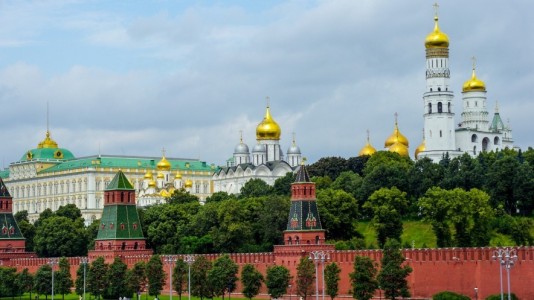

Russia has legalized cryptocurrency for use in international settlements and mining, state-owned news agency RIA Novosti reported on July 30.
One new law accommodates crypto as a means of payment for foreign trade activities within an experimental legal regime, according to the report. Currently, Russia bans most digital currency transactions related to goods and services.
Lawmakers in the State Duma adopted the new law in its second and third readings. The State Duma supported certain amendments, including allowances for crypto trading within the experimental framework, during the second reading.
The Bank of Russia will carry out three experiments starting in September, focused on crypto-based foreign trade settlements, cryptocurrency trading, and the creation of an electronic platform related to the country’s National Payment System (NPS).
In a parallel report, RIA Novosti said that the State Duma adopted a law to legalize cryptocurrency mining in Russia. The new law permits registered entities take part in mining. It also allows non-registered individuals who stay within energy limits to do the same. The law establishes other requirements, including but not limited to mining bans and energy restrictions in certain regions.
Russian President Vladimir Putin previously warned of power shortages and described the need for legal intervention and taxes in mid-July.
Sanctions a Key Issue
In a separate report, Reuters suggested that Russia’s allowance of cross-border crypto transactions is a response to Western sanctions.
Russia reportedly remains involved in U.S. dollar and euro transactions. Banks in countries that trade with Russia could face secondary sanctions.
Reuters quoted Elvira Nabiullina, Governor of the Bank of Russia, who acknowledged secondary sanctions as a growing risk. Nabiullina added that sanctions have made import payments difficult and said that payment delays have impacted a wide variety of goods by causing longer supply chains and higher costs.
In an official statement on the legalization of mining, State Duma member Anton Gorelkin affirmed that the government body believes crypto is a “tool to circumvent sanctions” and described its role in high-tech exports.
In other developments, Russia is pursuing its own central bank digital currency (CBDC) or digital rouble. Ledger Insights reported in June that the country was in the process of adding a second set of banks to its ongoing pilot program. Russia could increase the scale of its CBDC program starting in 2025 and bring it to mass adoption within five to seven years.




